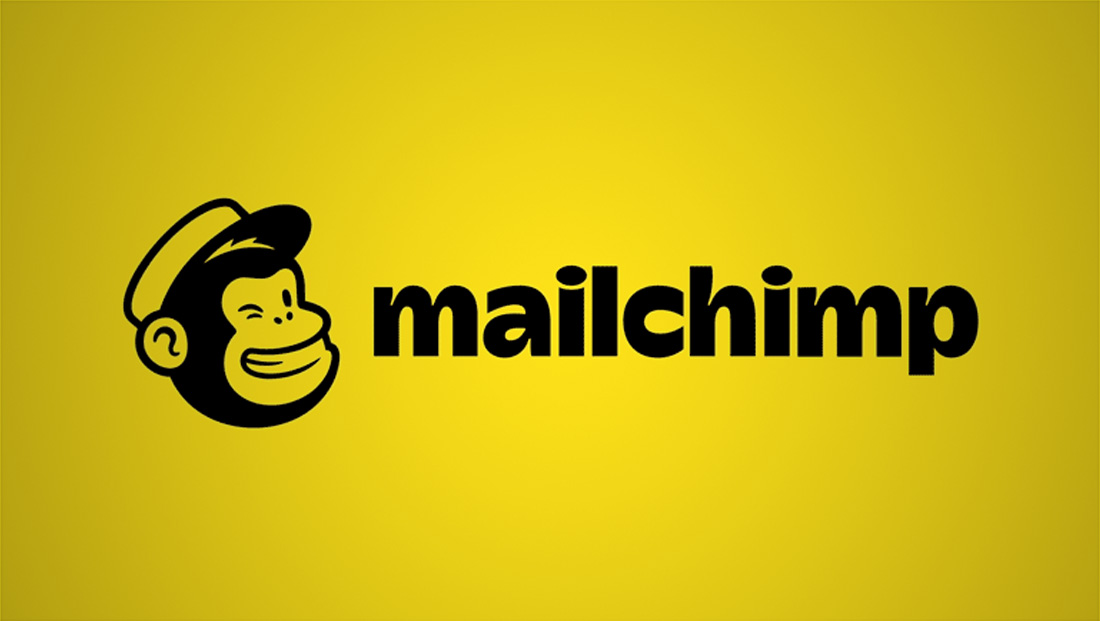Mailchimp is rolling out a more full fledged ecommerce offering
By MixDex Article may include affiliate links

Mailchimp has officially made the move into ecommerce and appointment booking.
The company started out as an email marketing platform, but since has grown to become more of a full fledged marketing tool, adding digital advertising, landing pages, websites, domain registration, social media management and even printed postcards to its arsenal.
The latest addition is a hosted service that lets small and medium sized businesses set up online stores and accept payments as well as book appointments.
Mailchimp is calling its offerings Stores and Appointments.
There’s a free plan that comes with a 2% transaction fee. A $10 a month plan reduces that fee to 1.5% along with getting access to support. Finally a $29 plan (which happens to be the same price as Basic Shopify), offers 0.5% fees, which all are in line with what Shopify charges customers who don’t use its built in Shopify Payments gateway.
One key difference, however, is that the 2% rate comes with Shopify’s $29 a month plan and there’s no free tier available at all.
Mailchip Stores will compete against other hosted SaaS ecommerce platforms such as BigCommerce, but Shopify is far and away the biggest player in the space.
While the Stores features is only in beta to select users now, it opens its digital doors to all May 18, 2021. The related service that will allow businesses to let customers book appointments online is launching publicly April 28, 2021.
Mailchimp’s existing site builder already has some basic selling features, but the new one will include the ability to manage larger inventory, calculate shipping and taxes and more.
Both services will also tie into the company’s existing marketing offerings.
Mailchimp’s interest in the ecommerce business isn’t new. In addition to the basic selling features it already offers, the company had a high profile spat with ecommerce giant Shopify back in 2019.
Officially the debate was over user privacy and data sharing issues, but some speculated at the time that Shopify was wise that Mailchimp had its eye on ecommerce with a potential competing product and was playing hardball, though none of that was ever confirmed on the record.
It ended with Mailchimp and Shopify yanking official integration support between each other’s services, sending many business owners scrambling for new email marketing solutions. It’s still technically possible to use the two services together, though it requires a third party service or manual data importing.
Despite likely losing at least some Shopify users in 2019, Mailchimp still says about 40% of its 14 million users are ecomm businesses and 30% of all users are already taking advantage of the basic online store features it offers. It’s also been generating more revenue from ecommerce offerings.
The initial outline of pricing doesn’t mention if Mailchimp is planning to offer its own credit card processing service. There’s also no mention of features such as gift cards, native multicurrency support or the locale feature Shopify rolled out.
In its own announcement of the service, Mailchimp seems to acknowledge its offering will be a work in progress, encouraging those interest to try it out and provide feedback for new features down the road.
Its pricing strategy is interesting as well — especially the free tier, which isn’t something Shopify offers at all. Yes, customers will be slapped with a 2% transaction fee, but for low volume sellers it could be worth paying that slightly higher rate just to avoid having to commit to monthly fees that remain the same no matter how many sales they make.
Even Mailchimp’s free tier seems to be a step up from Shopify’s “Lite” plan. This costs just $9 a month ($1 less than what Mailchimp is planning to charge for its lowest priced plan) but requires store owners to have a separate website or blog to sell on, meaning they don’t get fully hosted product pages.
All that said, Shopify has invested heavily in a variety of initiatives that still may make it more appealing than even Mailchimp’s highest paid plan — including the ability to use its proprietary Shop Pay accelerated checkout and take advantage of well established partnerships with Facebook, Instagram and other tech giants to offer integrated ecomm solutions.
It’s also started opening up support for subscriptions and “pay later” integrations.

